Boris Johnson’s proposals to remove Stamp Duty land tax on homes worth less than £500,000 could risk exacerbating pressures on investors in Scotland, potentially forcing them to quit the property market altogether, according to property management portal Apropos.
The proposals, suggested by Mr Johnson as a means of reviving the London property market, are expected to pose a problem for Scottish investors, due to the higher level of tax rates in Scotland.
As tax regimes are devolved, Scottish investors already pay an extra £8,350 for a property costing £500,000 with the Scottish Stamp Duty equivalent – known as Land and Buildings Transaction Tax (LBTT), calculated at £23,350 on a £500,000 purchase price, compared to Stamp Duty in other areas of the UK, which would be £15,000 for homes with a £500,000 purchase price.
Scottish investors reportedly face markedly higher levels of tax compared to other parts of the UK for properties over £330,000 in general.
Other issues for Scottish buyers
As soon as Mr Johnson’s proposals come into force, they would mean Scottish investors would be paying as much as £13,350 in tax for a home worth £400,000. Meanwhile in England, investors would pay absolutely nothing.
As well as slashing Stamp Duty on homes worth less than £500,000, Mr Johnson proposed to raise the higher rate personal tax threshold to £80,000. Apropos warned that such a move would also put a Scottish investor at a greater disadvantage.
This is because a Scottish person earning over £80,000 would end up having to pay an extra £7,844 in tax per year. Apropos believes this might make investors think twice about moving to Scotland, and risk making it harder for Scotland to continue to attract higher earners and greater investment in the future.
Property investment risk in Scotland
Apropos was concerned that Mr Johnson’s proposals would have the unintended consequence of making property investment in Scotland considerably less attractive.
David Alexander, joint managing director at Apropos, explained: “If this proposal is introduced early in the expected Johnson premiership, there would be an immediate end to property investment in Scotland. Why would anyone want to pay so much in taxes when, in another part of the UK, they would be charged so much less?”
Mr Alexander claimed that the proposals would encourage investors, second homeowners and landlords to invest their money in anywhere but Scotland. He added that it would become much harder to attract and retain wealthy individuals in Scotland, owing to the higher tax burdens, both personal and property-related.
Mr Alexander concluded: “The danger of these kind of proposals is that they produce unintended consequences, which could have a substantial and disastrous impact on another part of the country…the Johnson proposal would simply accelerate this financial divergence and make Scotland a much more difficult and costly place to live and invest.”


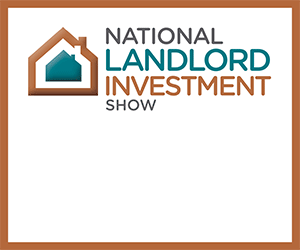




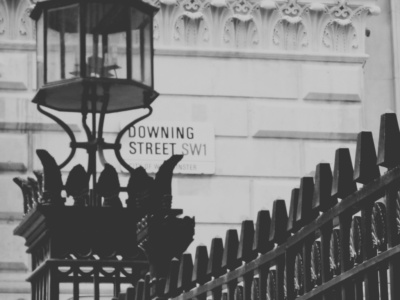

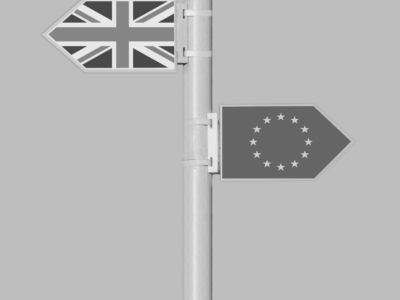
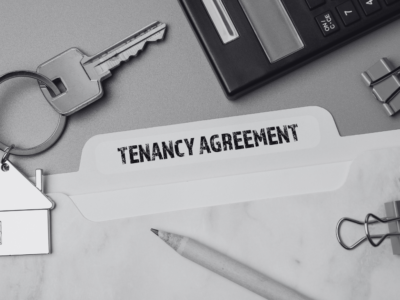
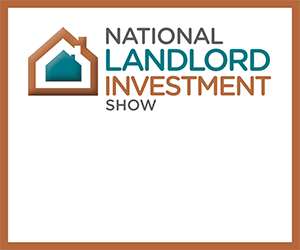





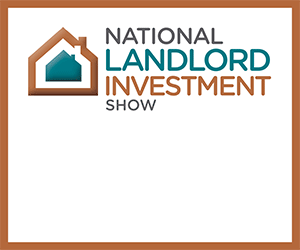
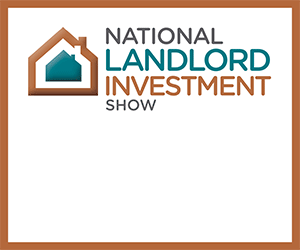



Comments